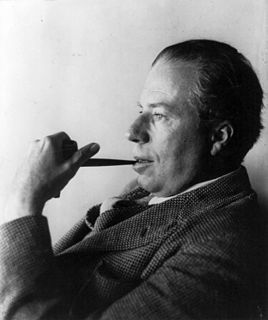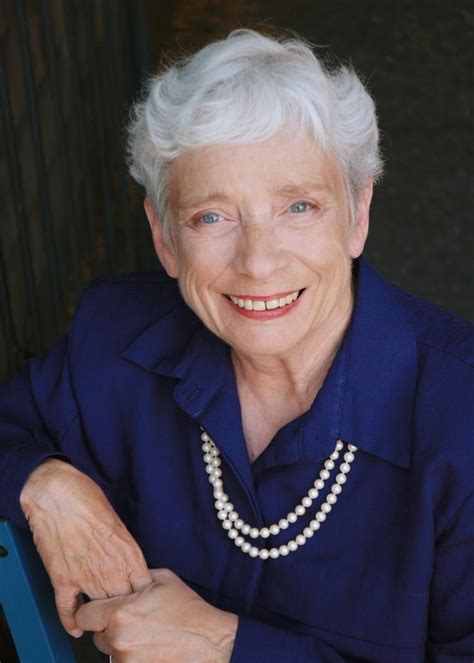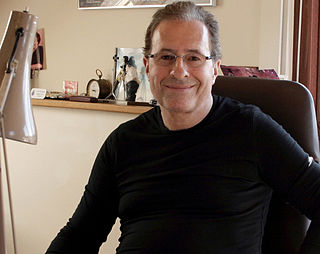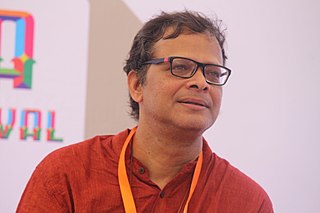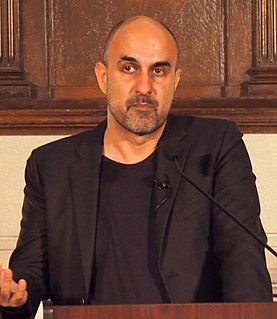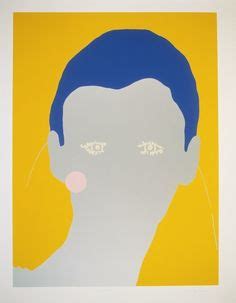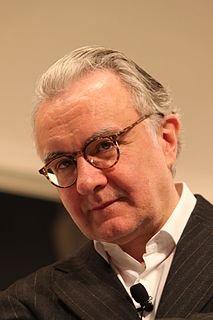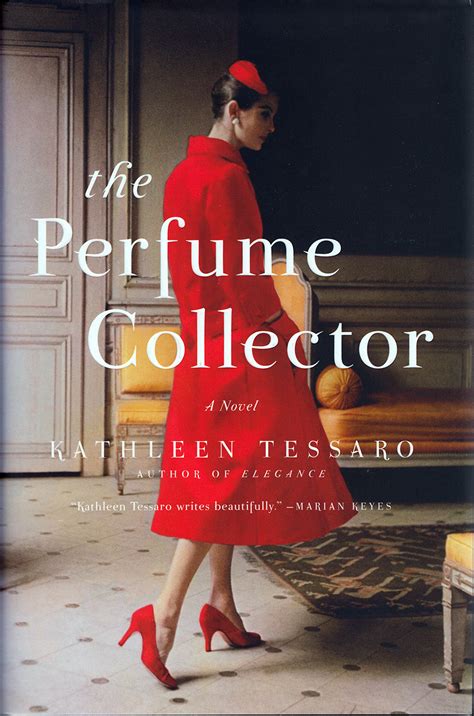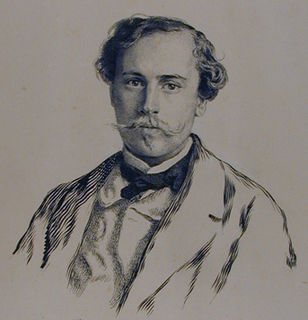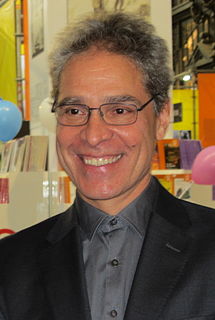Top 55 Bookshops Quotes & Sayings
Explore popular Bookshops quotes.
Last updated on November 15, 2024.
There's a long-standing (50 year old) flame war within the field over whether it's "sci-fi" or "SF".SF has traditionally been looked down on by the literary establishment because, to be honest, much early SF was execrably badly written - but these days the significance of the pigeon hole is fading; we have serious mainstream authors writing stuff that is I-can't-believe-it's-not-SF, and SF authors breaking into the mainstream. If you view them as tags that point to shelves in bricks-and-mortar bookshops, how long are these genre categories going to survive in the age of the internet?
There is only one way to read, which is to browse in libraries and bookshops, picking up books that attract you, reading only those, dropping them when they bore you, skipping the parts that drag-and never, never reading anything because you feel you ought, or because it is part of a trend or a movement. Remember that the book which bores you when you are twenty or thirty will open doors for you when you are forty or fifty-and vise versa. Don’t read a book out of its right time for you.
It was amazing to me then, and still is, that so many people who wander into bookshops don't really know what they're after--they only want to look around and hope to see a book that will strike their fancy. And then, being bright enough not to trust the publisher's blurb, they will ask the book clerk the three questions: (1) What is it about? (2) Have you read it? (3) Was it any good?
I think that most people go to bookshops and have no idea what they want to buy. Somehow the books sit there, almost magically willing people to pick them up. The right person for the right book. Its as though they know whose life they need to be a part of, how they can make a difference, how they can teach a lesson, put a smile on a face at just the right time.
The Internet is merely a new means of communication, that's all it is. It serves the purpose of getting information, which it is fantastic at. I mean, I live by the Internet in terms of research and it's incredible - there's nothing that you can't find out about. It's not stopped me going to bookshops but I must say that I don't go into as many because any book I want.
I didn't go to bookshops to buy. That's a little bourgeois. I went because they were civilized places. It made me happy there were people who sat down and wrote and wrote and wrote and there were other people who devoted their lives to making those words into books. It was lovely. Like standing in the middle of civilization.
Its intuition that works. Just intuition.""Waterstones was aimed at me. I knew that I wanted, and badly needed in my life, bookshops just like the ones I was creating. I simply assumed that plenty of other people, no doubt of wildly differing demographics, would find once they saw them that they wanted them too. Well - they did.
The coming of the printing press must have seemed as if it would turn the world upside down in the way it spread and, above all, democratized knowledge. Provide you could pay and read, what was on the shelves in the new bookshops was yours for the taking. The speed with which printing presses and their operators fanned out across Europe is extraordinary. From the single Mainz press of 1457, it took only twenty-three years to establish presses in 110 towns: 50 in Italy, 30 in Germany, 9 in France, 8 in Spain, 8 in Holland, 4 in England, and so on.
I haunted streets, whorehouses, police stations, courtrooms, theater stages, jails, saloons, slums, madhouses, fires, murders, riots, banquet halls and bookshops. I ran everywhere in the city like a fly buzzing in the works of a clock, tasted more than any fit belly could hold, learned not to sleep, and buried myself in a tick-tock of whirling hours that still echo in me.
Whenever summer rolls around I begin to realize that I'm a complete and utter book snob. In relation to reading, I have absolutely no guilty pleasures at all. No graphic novels. No murder mysteries. My summer read is really no different from my winter read. I know many bookshops and magazines would have me believe that our summer forays are different, but literature is literature, and unfortunately snobbery is snobbery.
I love seeing the bookshops and meeting the booksellers-- booksellers really are a special breed. No one in their right mind would take up clerking in a bookstore for the salary, and no one in his right mind would want to own one-- the margin of profit is too small. So, it has to be a love of readers and reading that makes them do it-- along with first dibs on the new books.
It's actually as simple as this. New authors, building their customer base, need physical bookshops. Physical bookshops are lovely tactile, friendly, expert, welcoming places. Physical books, which can only be seen and handled in physical bookshops, are lovely, tactile things. Destroy those bookshops, and the very commercial and cultural base to the book industry is destroyed. Once and for all. Like Humpty Dumpty, it can never be put together again.
My husband claims I have an unhealthy obsession with secondhand bookshops. That I spend too much time daydreaming altogether. But either you intrinsically understand the attraction of searching for hidden treasure amongst rows of dusty shelves or you don't; it's a passion, bordering on a spiritual illness, which cannot be explained to the unaffected.
Corporations that are turning over these huge profits can own everything: the media, the universities, the mines, the weapons industry, insurance hospitals, drug companies, non-governmental organisations. They can buy judges, journalists, politicians, publishing houses, television stations, bookshops and even activists. This kind of monopoly, this cross-ownership of businesses, has to stop.
There's something rather wonderful about the fact that Oxford is a very small city that contains most of the cultural and metropolitan facilities you could want, in terms of bookshops, theatre, cinema, conversation. But it's near enough to London to get here in an hour, and it's near enough to huge open spaces without which I would go insane.
I was brought up in a home where I saw my parents read and I was taken to bookshops and libraries, so I grew up feeling very comfortable around books. Also, Ireland is a country which has honoured its writers and poets, so when someone says they wanted to be a writer, its not mocked or looked down upon.
A sign of the times: there are no longer any chairs in the bookshops along the embankments. [Noël] France was the last bookseller who provided chairs where you could sit down and chat and waste a little time between sales. Nowadays books are bought standing. A request for a book and the naming of the price: that is the sort of transaction to which the all-devouring activity of modern trade has reduced bookselling, which used to be a matter for dawdling, idling, and chatty, friendly browsing.
Books bend space and time. One reason the owners of those aforesaid little rambling, poky secondhand bookshops always seem slightly unearthly is that many of them really are, having strayed into this world after taking a wrong turning in their own bookshops in worlds where it is considered commendable business practice to wear carpet slippers all the time and open your shop only when you feel like it.

